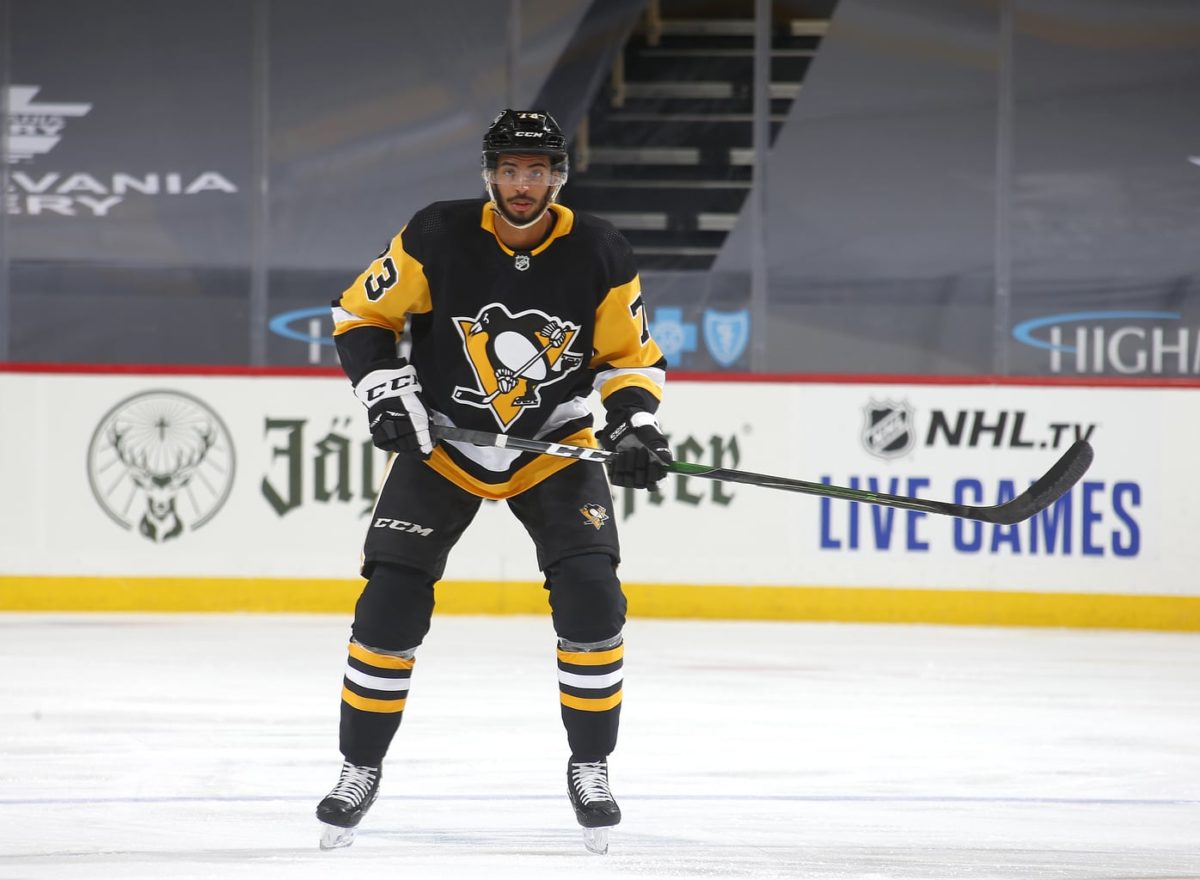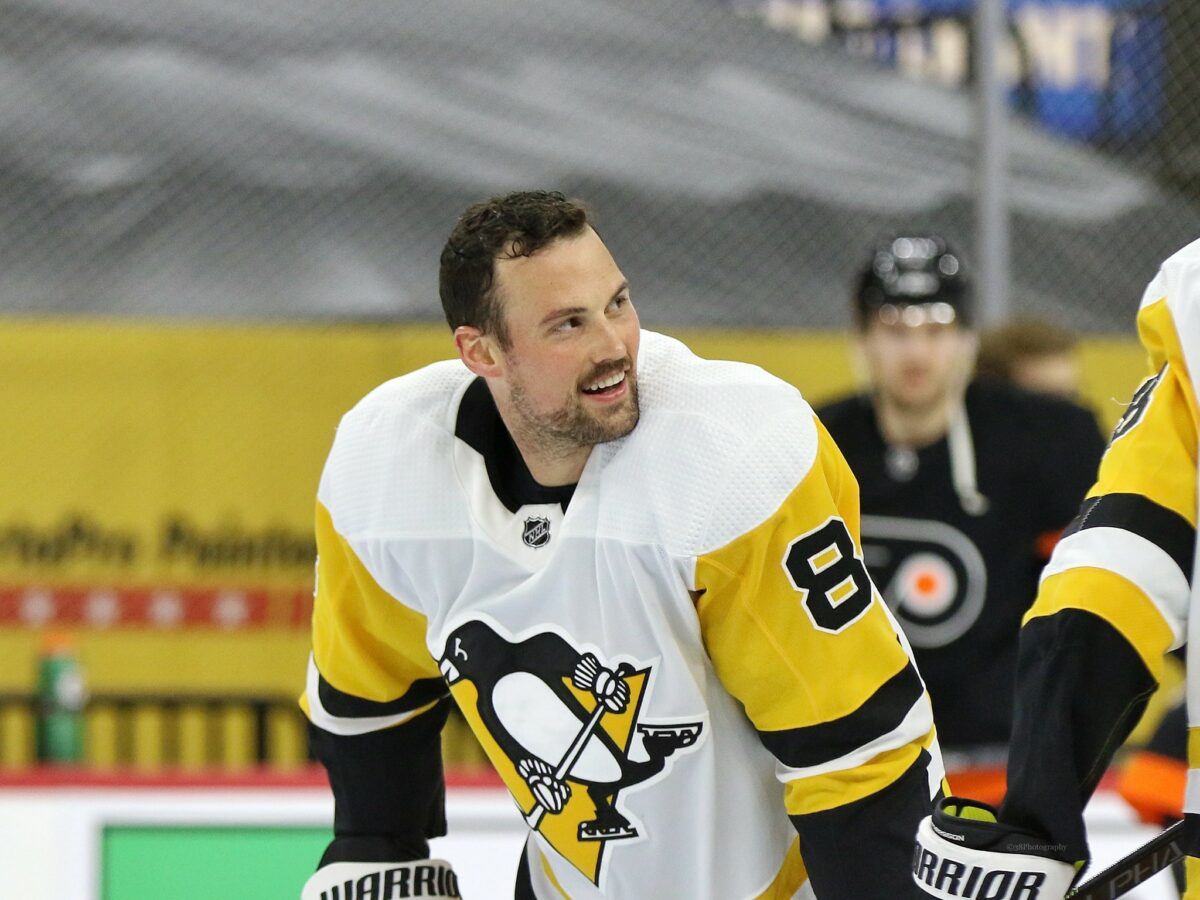In the salary cap era, NHL teams continue to attempt to circumvent the salary cap. Teams often take on too much salary or give too much of it to too few players for a cap deficit. The league has tried to crack down on this; when goaltender Roberto Luongo retired from the Florida Panthers in June 2019, his former team, the Vancouver Canucks, were forced to pay the remainder of his salary. At the point of his retirement, there were still three years left on his deal, which meant the Canucks, the team that signed him to a heavily front loaded (and thus now illegal as per the 2013 CBA) contract in 2009, were forced to pay $3.03 million in penalties in each the three seasons that followed. In other cases, teams have escaped punishment. The Tampa Bay Lightning abused long-term injury reserve (LTIR) to keep Nikita Kucherov’s $9.5 million salary off the books in 2019, activating him just in time for the playoffs.
Heading into the 2022-23 season, the Pittsburgh Penguins find themselves in a precarious salary cap situation, although not as dangerous as some earlier cases. They are $1 million over the cap and will have to shed salary to become compliant. The Penguins currently have 14 forwards and eight defencemen under contract and will need to work strategically to bring the cap hit down.
Penguins Must Sacrifice Young Talent
One of the many legal ways to circumvent the cap is to send players to the American Hockey League (AHL). Given the combination of new contracts recently handed out to some of the Penguins’ young guns and the resulting potential for players like Pierre-Olivier Joseph to establish themselves as NHL regulars. The financial straits in which the team finds itself mean they won’t have enough room to take on the salaries of future stars. This also means Joseph will likely have to stay in Wilkes-Barre for most if not all of next season.

This method of cap circumvention might also mean that some trade pieces will be unable to pay immediate dividends. The Penguins are in this situation with another young defenceman, Ty Smith. Smith was acquired from the New Jersey Devils in exchange for John Marino, yet he will likely spend most of his time in “The A” next season as his entry-level contract is structured to pay him much less in the minors ($70,000) than in the NHL ($863,333). The discrepancy in salary makes Smith an obvious candidate for cap relief, even at the expense of keeping a recent member of the NHL All-Rookie team from the Penguins’ lineup.
Established Penguin May Be On the Way Out
While the Penguins’ salary cap issues may mean prospects may not get much (if any) playing time this season, at least those players are still under team control. General manager Ron Hextall may take another direction and dump salary, which could mean some established Penguins are on the way out. The most logical candidate here is blueliner Brian Dumoulin. In the final year of a six-year deal and slated to make just over $4 million this season, unloading his salary will be difficult unless Hextall can find the right buyer. Dumoulin, despite his history with the franchise, makes sense to move in favour of new arrival Jan Rutta.

Rutta, signed this offseason, broke into the league in 2018 and has spent his entire career with the Tampa Bay Lightning. He’s played four seasons less than Dumoulin, but his career numbers are better almost across the board. In per-game numbers, the Czech native comes out ahead in shot percentage (4.2% to Dumoulin’s 3.2%), goals (0.05 to 0.04), and points (0.26 to 0.25). On top of that, Rutta’s contract has an average annual value (AAV) of $2.75 million, nearly half that of Dumoulin’s. Given the team’s salary cap issues, Hextall said this of Rutta:
“We’re certainly not going to have nine (defensemen) on our opening roster. So, that’s a fair assumption. I don’t know where that’s all going. Sometimes you sit there and wait till something moves before you sign the guy. But we felt like we wanted to get a little bit heavier on the back end. We feel Jan is a very sound penalty killer, a real solid guy to play with, really, with any left-hander on our team. So, we feel like he’s a good addition to our team. We feel like we got better and added a little bit of a girth that we need in front of the net in penalty-killing situations.”
Penguins’ GM Ron Hextall on the team’s salary cap issues and how newly acquired Jan Rutta fits into his plans to solve them.
Related: Lightning Fans Are Too Quick to Dismiss Jan Rutta
While management has markedly improved the Penguins by bringing back established stars and signing new players to augment an already talented lineup, they’ve also wandered into treacherous territory and now find themselves over the cap limit. While there are solutions that would get them under the ceiling, it will mean sacrificing some future stars or players who have spent their entire careers with the team to do so.
